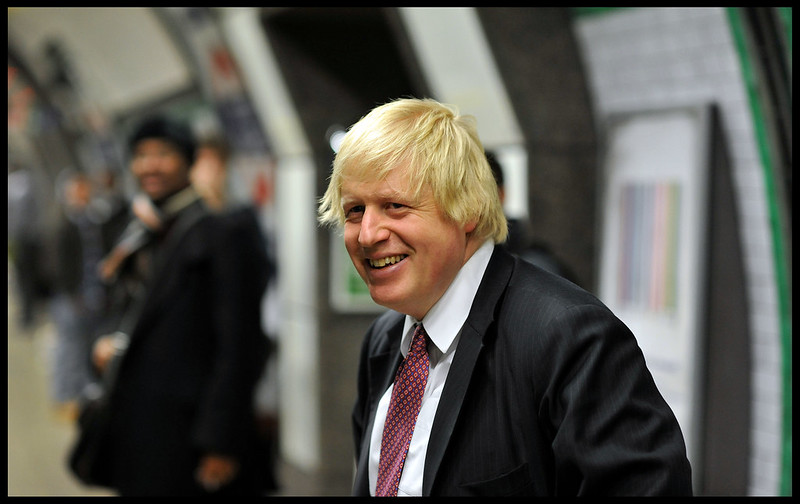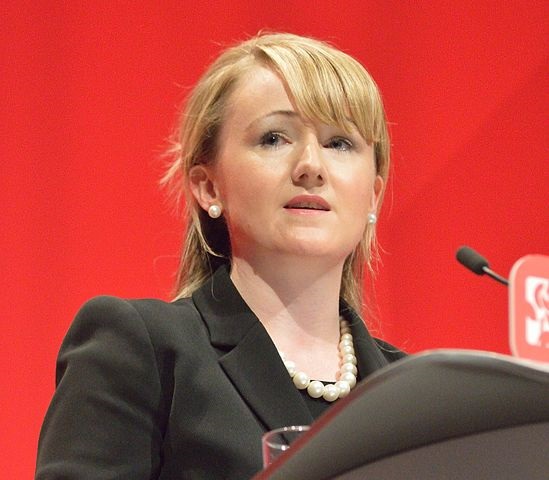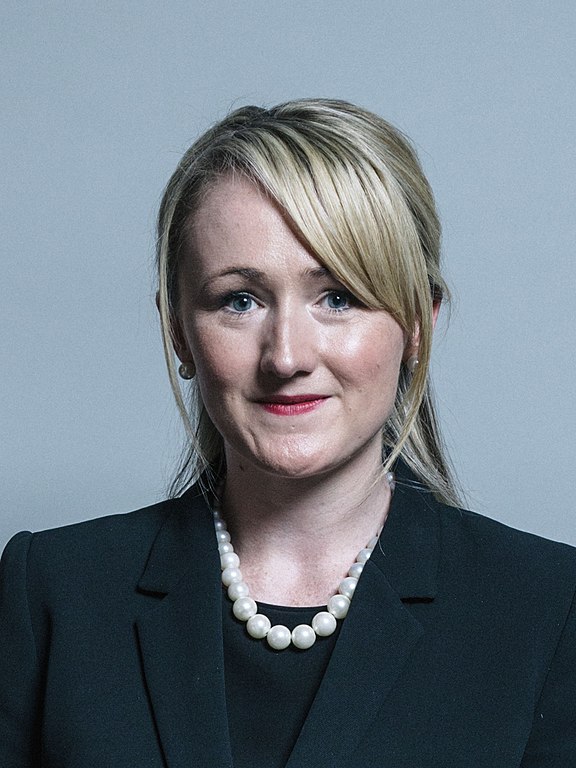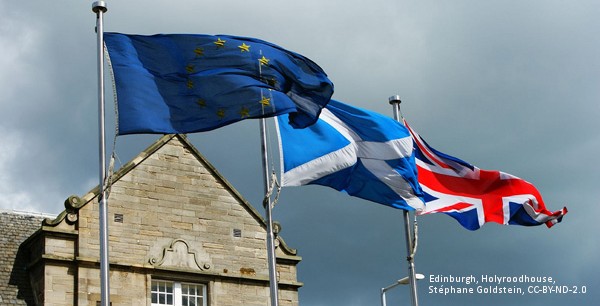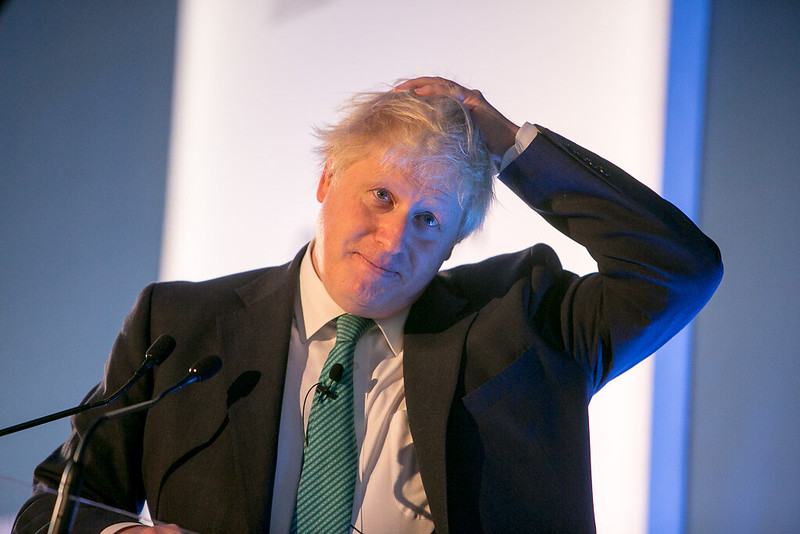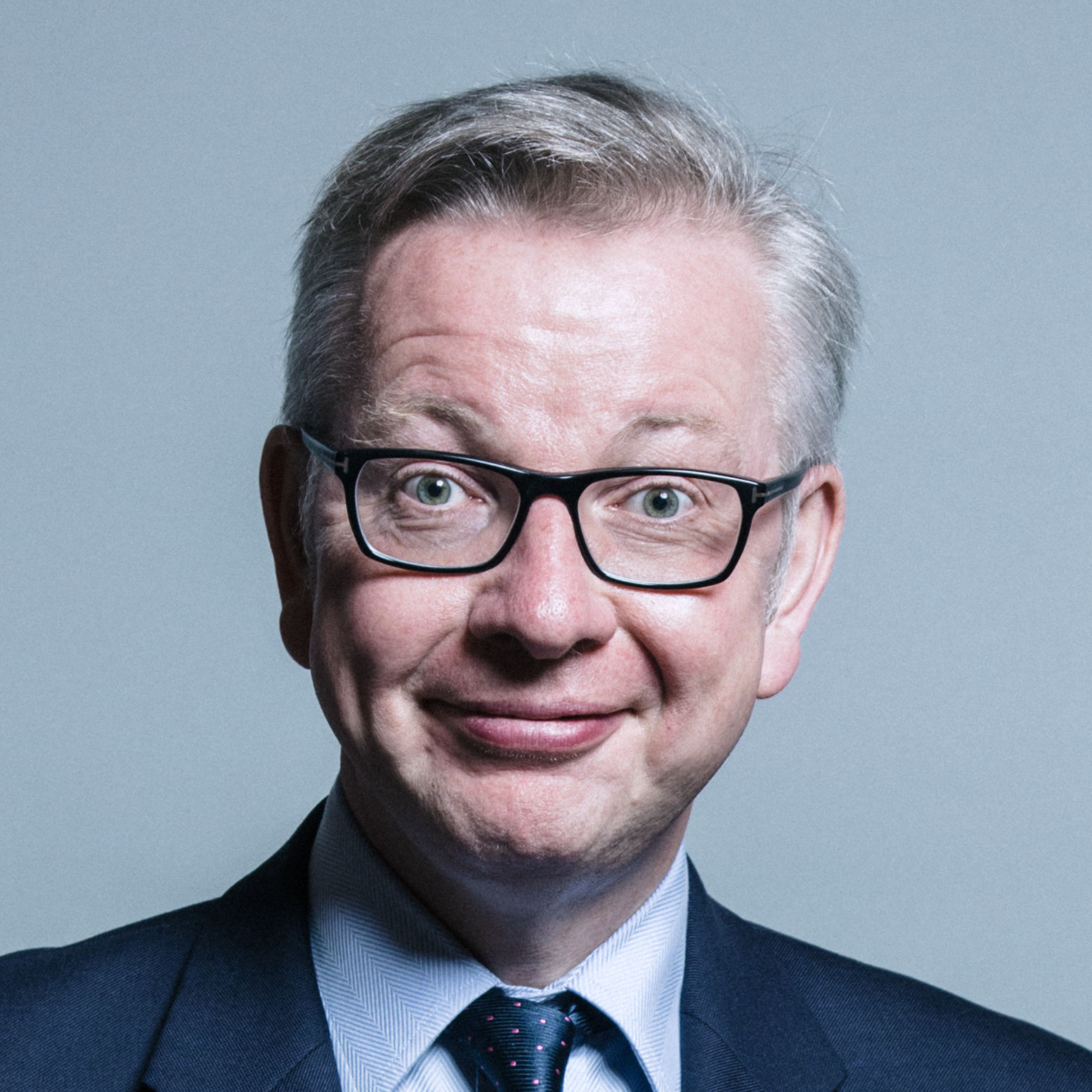21 June 2019 | ANALYSIS
Ahead of Conservative Party members deciding our next Prime Minister, Boris Johnson is the overwhelming favourite amongst the public. In relation to outsider Jeremy Hunt, a Sky Data poll revealed that the former Mayor of London would make the best Prime Minister; he is the most likely candidate to win a General Election for the Tory Party, and is the preference to deliver Brexit.
The poll revealed that 44% of respondents felt Mr Johnson would be the best Prime Minister to Mr Hunt’s 25%; that 55% felt Mr Johnson would be more likely to win a General Election to Mr Hunt’s 19%; and that 43% felt Mr Johnson would handle Brexit the best to Mr Hunt’s 29%.
This poll will be welcome news for the Johnson camp. When addressing Tory members, he could use this poll to articulate that a Jeremy Hunt premiership is not in the interests of a divided Tory party and indeed, the country. The former Foreign Secretary clearly has the momentum going into the members’ ballot, having acquired 160 votes in the final ballot, which equates to over 50 per cent of the parliamentary Conservative Party (PCP). Prior to the Sky poll, YouGov concluded that Johnson was preferred two-to-one by Conservative members. No doubt, it is Boris Johnson’s contest to lose.
Ahead of the first hustings in Birmingham tomorrow, Mr Hunt will have intense difficulty in convincing members why they should trust him in delivering Brexit. After all, the current Foreign Secretary voted Remain in the 2016 referendum and there is a fear that he could replicate the same mistakes as Theresa May. May promised in excess of 100 times at the despatch box that the UK would leave the EU on March 29th, and almost on the three-year anniversary of the referendum, the UK remains in the departure lounge, but has missed the plane.
As a Prime Minister who voted Remain has previously failed to deliver Brexit, there is an increased scepticism of this approach, and widespread acknowledgement that a Brexiteer should be steering the ship. The entrenchment of Tory party members on their position on Brexit is evident: a majority want Brexit achieved, even if it destroyed the Conservative Party, caused a significant economic downturn and resulted in the disintegration of the U.K.
Boris received an overwhelming verdict in relation to being the best candidate to challenge Jeremy Corbyn and Nigel Farage. This could be interpreted in relation to delivering Brexit. If Brexit is completed, then the relevance for Nigel Farage and the threat that the Brexit Party poses in marginal constituencies, such as Peterborough, has dissipated. No doubt, Boris has caused offence in the rhetoric he has used in the past; some notable examples include comments in relation to women of Muslim faith who wear the veil, the LGBT community and Scots.
Despite several examples of cavalier language, Boris is a formidable campaigner; he did receive a standing ovation for his concluding speech in the BBC debate ahead of the EU Referendum at Wembley Arena. In a General Election, Johnson would resemble a form of populist character, as opposed to Mr Hunt who is more diplomatic and operating a pro-business campaign. By ‘turbo-charging’ the UK economy, he pledged to cut corporation tax to 12.5% from its current rate of 19 per cent. Johnson’s charisma will certainly pose competition to Corbyn in post-industrial Britain and marginal seats which he needs to win if Labour is to form a majority government.
Jeremy Hunt only polled 19 per cent on the issue of a General Election. It must be said that a quarter of participants did not know. This low score, however, could be interpreted from his performance as Health Secretary and that Corbyn could exploit this consistently in a General Election campaign. Hunt was the longest serving Health Secretary and under the coalition, health spending was only 1 per cent of GDP amid the deficit reduction programme. Not to mention, there was a 30 per cent increase in A&E visits between 2005 and 2015 and A&E targets of 95% were missed under Hunt’s watch. In 2018, 85.3% of patients were seen within the target of four hours.
Ahead of the hustings across the country, Mr Hunt is certainly the outsider, but they can produce several opportunities for the Foreign Secretary. He can expose the lack of detail behind Mr Johnson’s Brexit plan, force him to provide a Plan B if a no-deal Brexit is prohibited by Parliament. He could also question Boris’ integrity as a future Prime Minister. Boris is certainly the frontrunner but as the prominence of Jeremy Hunt increases and policies are scrutinised, this leadership election is certainly no fait accompli and polls can change.






